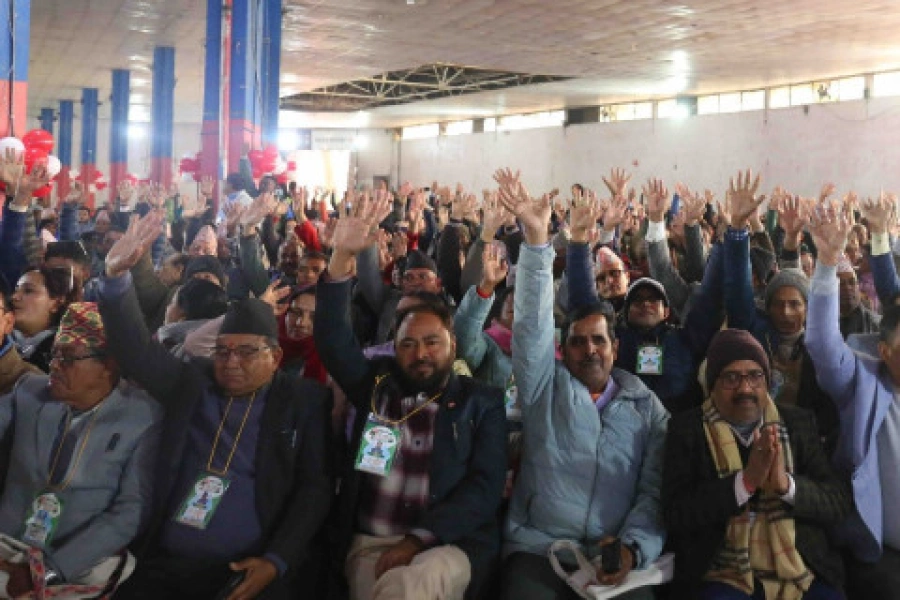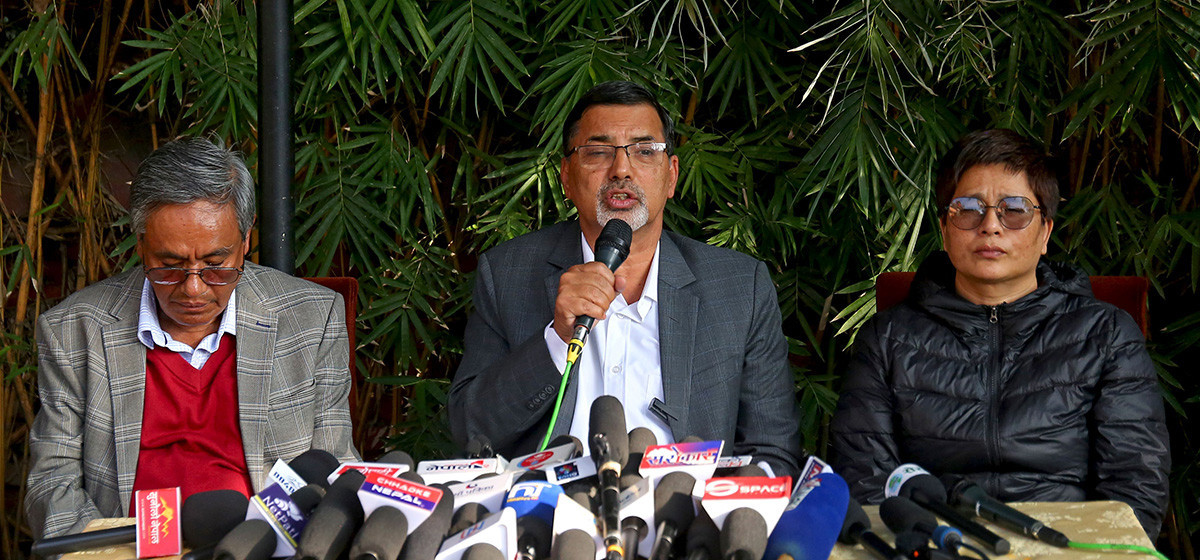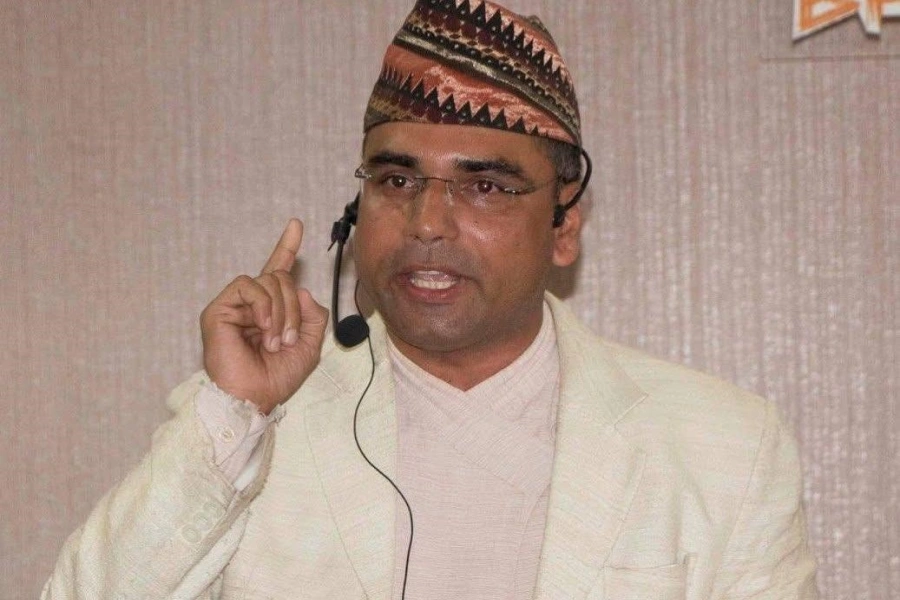KATHMANDU, May 7: The eighth National Journalism Day is being observed today across the country. The day coincides with the day the publication of the Gorkhapatra began in Nepal.
The decision to mark the National Journalism Day was made in 2073 BS. The publication of the Gorkhapatra had begun on Baisakh 24, 1958 BS.
On this occasion, the journalism educators and observers have stressed the need for Nepali media to change content for media sustainability.
It is the digital age and Nepali media is facing challenges accordingly. The traditional media are bound to compete with new media, as the latter serve news to the public in a quicker and easier way. The advent of ICT has a direct impact on the media.
Desperate search for missing girls as nearly 80 dead in Texas f...

Currently, there are over 3,786 online media in Nepal, while the number of television in regular operation stands at 87. Similarly, 707 FM radios are operative, while the number of registered newspapers is 7,911. Data to this was shared by the Department of Information and Broadcasting.
With the increase in media, whether they have maintained quality in content warrants attention and study.
Chief of Journalism Department at TU, Professor Chiranjivi Khanal, said Nepali journalism needs to adopt digital technology by adhering to code and related laws. He expressed worry that Nepali journalism is now people-focused, while it must be society-focused. For the investigation and study, Nepali journalists need to hone skills and expertise, Prof. Khanal suggested.
The evolving citizen journalism has impacted the form of journalism. Why people are doubting the media should be a point to ponder, he added.
Similarly Dr Kundan Aryal viewed, "New media has been obfuscating people. So, the media must make themselves more credible. Similarly, readers and audiences' better awareness is required."
It is said there is a lack of law to implement the Mass Communications Policy, 2073.
Lecturer Rishi Kesh Dahal commented that journalism has been weak in Nepal due to financial constraints, social media impact, political influence, and media itself. "The spurt of media at present is unmanageable in terms of financial sustainability. Quality is fast eroding. As the media itself is losing accountability, it is losing public trust."
Another lecturer Dr Shreeram Paudel worries over the quality of media content. Investment on quality media products is imperative, he suggests.
(RSS)

























-1200x560-1771928761.webp)












